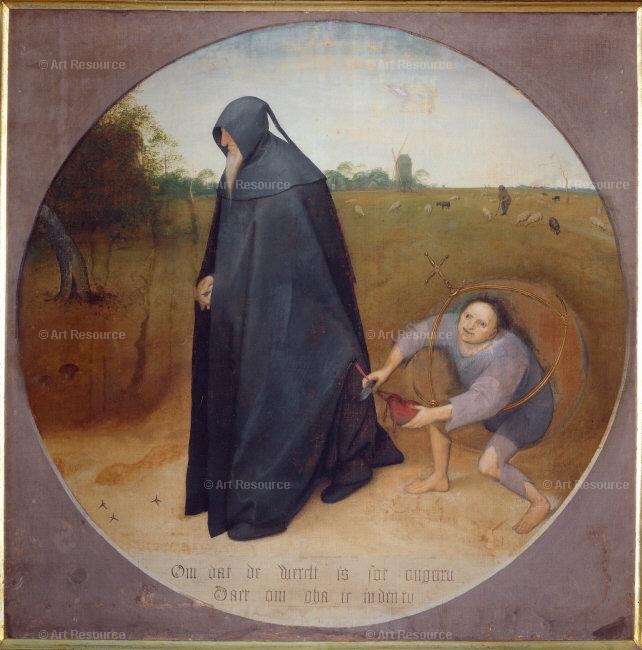This post will keep its titular promise. But first, a personal note.
My blog has been silent for a while. Crisis in a family shutters engagement with the world outside. It blocks the view of everything foreign to the suffering of our beloveds. The news cycle evaporates; external claims on our attention shrivel. Neither national politics, cultural disintegration, nor Vatican intrigues count a whit. No matter whether the ones we love are endangered by illness, accident, or the incoherences of their own souls, nothing counts except their well-being. And our watch over it.
Yet after a while even a crisis subsides. It slackens into routine. We acclimate to its dominion over us and surrender with a docility we did not know we possessed. For me, December was such a time.
Finally gone, the month took winter with it. As it went, it erased what little patience remained in me for indiscriminate appeals to love, a word second only to peace on the roster of homiletic chestnuts. Into its place came stiffer resistance to a candied word that impoverishes the substance of that scorching, implacable drive for the welfare of those chosen few whose existence is our joy. And our lifeblood.

Hostage to language, we resort to “love” when some other word—which?—would apply with greater precision. The ancients were better at this than we are. Greeks gave us “agape,” “philia,” and “eros.” (In The Four Loves, C.S. Lewis adds “sturge”, an ungainly Grecism for the instinctive empathy we hold for own own.) Each of them carries weight and resonance missing from the all-purpose morpheme we depend on. The word “love” fails us most times that we use it. Yet because it is all we have, we cannot do without it.
You love your dog, your dentist, and Amazon Prime. I love Balthus, Uber, and reruns of Homicide. Mothers love disposable diapers; soccer fans love Leo Messi. We all love a bargain, central heating, and spaghetti carbonara. Everyone except Don Knuth loves email.
The word is wide-open, a libertine utterance. Ogden Nash got it right: “Love is a drug on the mart.”

Emotions do not follow commands
What does it mean to say that we are “bound to love the pope?” What do some Catholics have in mind when they mitigate their distaste for Pope Francis by affirming love for Benedict XVI and John Paul II? Where is it written that the sentiment we call “love” must be felt toward popes? Viewed the other way around, what dictum attaches guilt to diminished feeling for any particular occupant of the Chair of Peter?
Emotions cannot be commanded. Injunctions to love our neighbor can only be directed to our will, not to our feelings. The will guides our choices, decisions, and our actions. We will ultimate good to all men: good in the next life, and in this one to the extent possible within circumstances. A moral disposition to invoke good to individuals in the here and now is burdened with contingencies, ensnared in dilemmas. The constraints of prudence and justice to which we are also commanded tug at responses to the divine dictate. Our single word love—a sweeping blob of a thing—is too indeterminate to justify the the range of human responses that make claims on it.

Unqualified love is the birthright of infants, not adults
Dan Hitchens, deputy editor of The Catholic Herald, instructed us to love the pope “in spite of everything, to love him when we criticize his actions and even obstruct his wishes . . . “ In spite of everything. This is the way parents love a child. It is the unconditional love offered a fledgling in the moral realm, a little one beloved but not yet a moral agent. An apprentice in matters of truth and goodness, a child is to be checkmated and embraced at the same time. But a pope is a grown man, no naif in regard to the repercussions of his behavior and exhortations. To grant any pope—a self-conscious, deliberating adult—the full, unqualified love that is the birthright of an infant is to falsify the papacy by sentimentalizing it. Or poeticizing it, which comes to the same thing.
Hitchens advised dissenters from the Amazonian libretto to follow St. Paul’s lead:
St. Paul tells us that when the pope of his time made some questionable ideological alliances, “I opposed him to his face, because he stood self-condemned.” Would anyone really maintain that, at that moment, St. Paul failed to love St. Peter? Wasn’t it, rather, one of the moments when he loved him most?
Not necessarily. Patristic scholar Henry Chadwick describes that dispute in Antioch as a “battle royal.” Indeed, Paul had to have been stewing over their crossfire to take time to write about it to the Christian community in Galatia (in modern Turkey), and in terms indicating heated confrontation. Paul’s phrasing suggests he was peeved beyond the genteel confines of what we like to call “fraternal correction.”

Paul is reputed among scholars to have had a salty tongue (the flavor of it forfeited in translation). We can imagination, then, an earthy exchange of epithets, perhaps an expletive or two, enlivening that face-to-face in Antioch. Paul was defending himself against assault on his authority as an apostle. At that moment, the object of his passion—his love—was neither Peter himself nor Peter’s good. It was the credibility of Paul’s own apostleship and the worth of his missionary effort to reconcile Gentile converts with the covenantal identity of Jewish Christians.
We have no record of Peter’s response to the interchange.

[Part 2 next]


